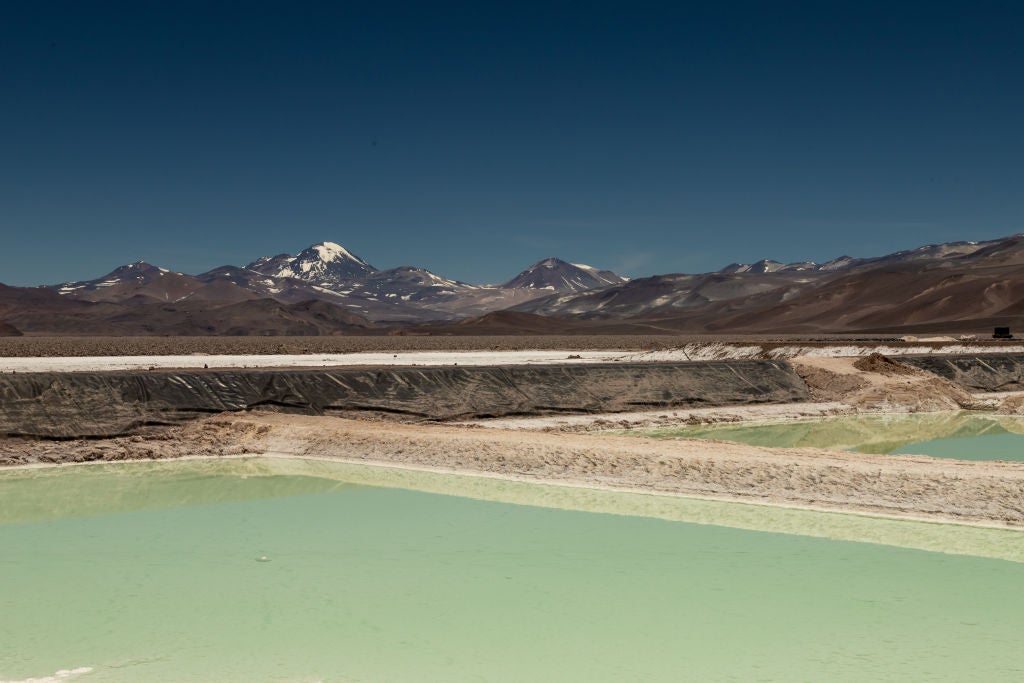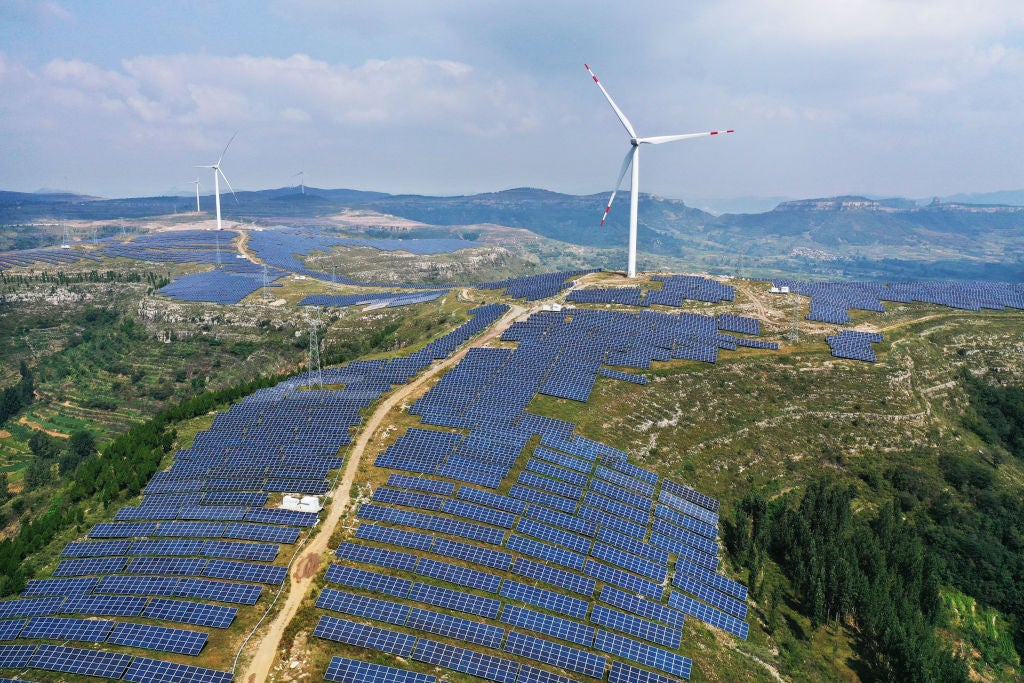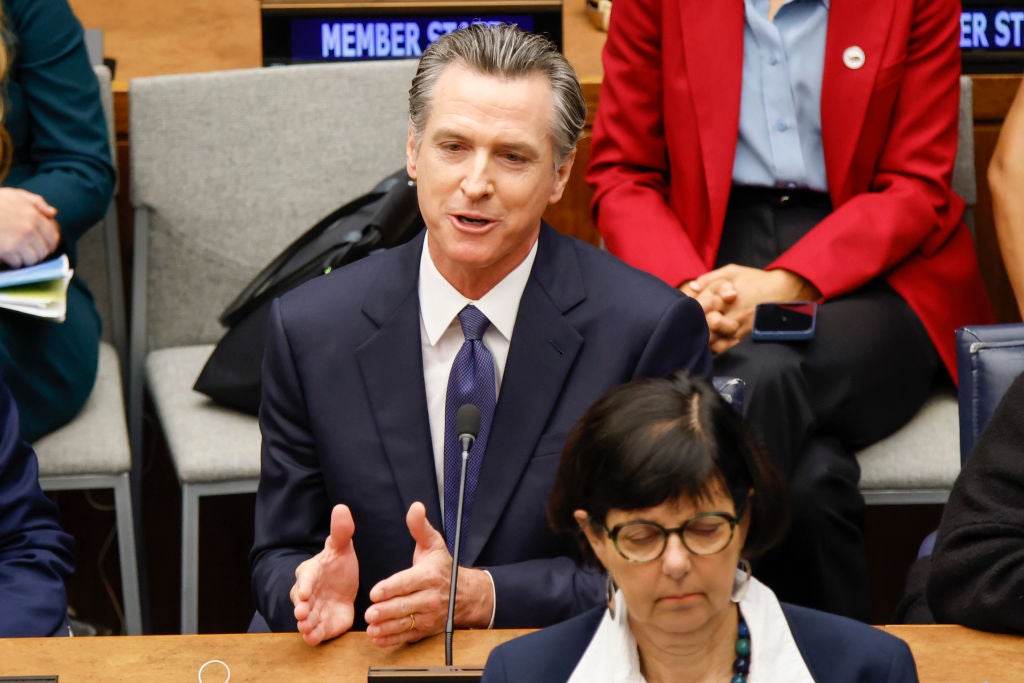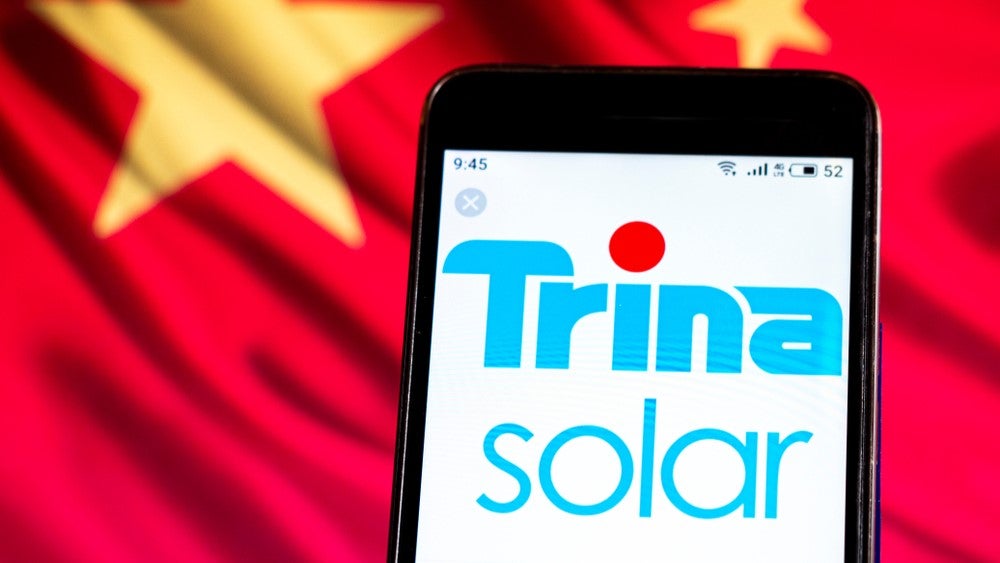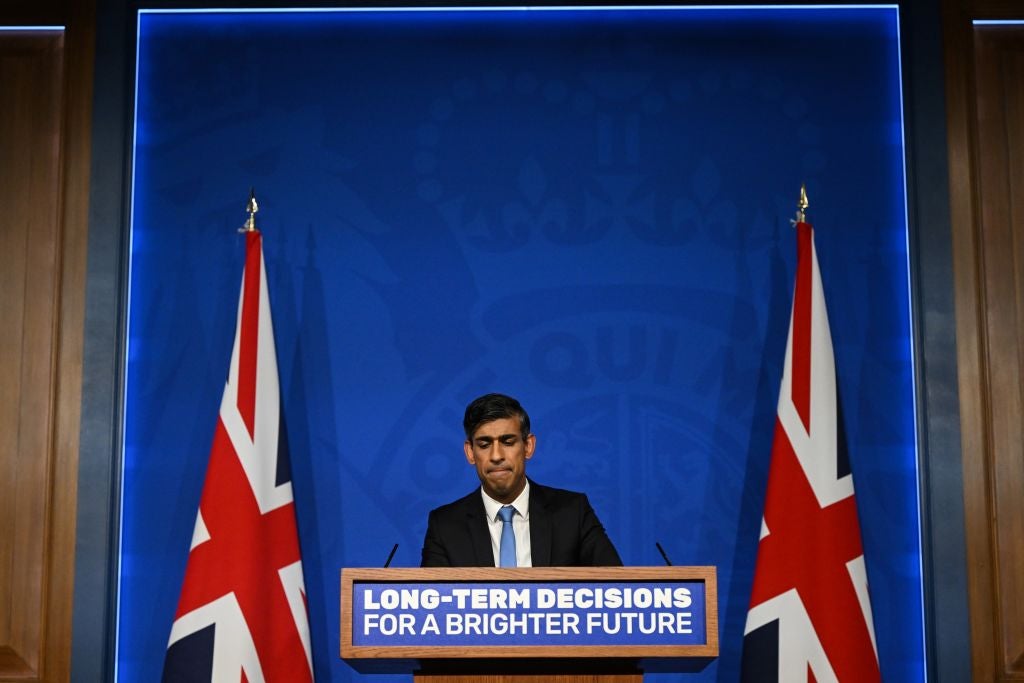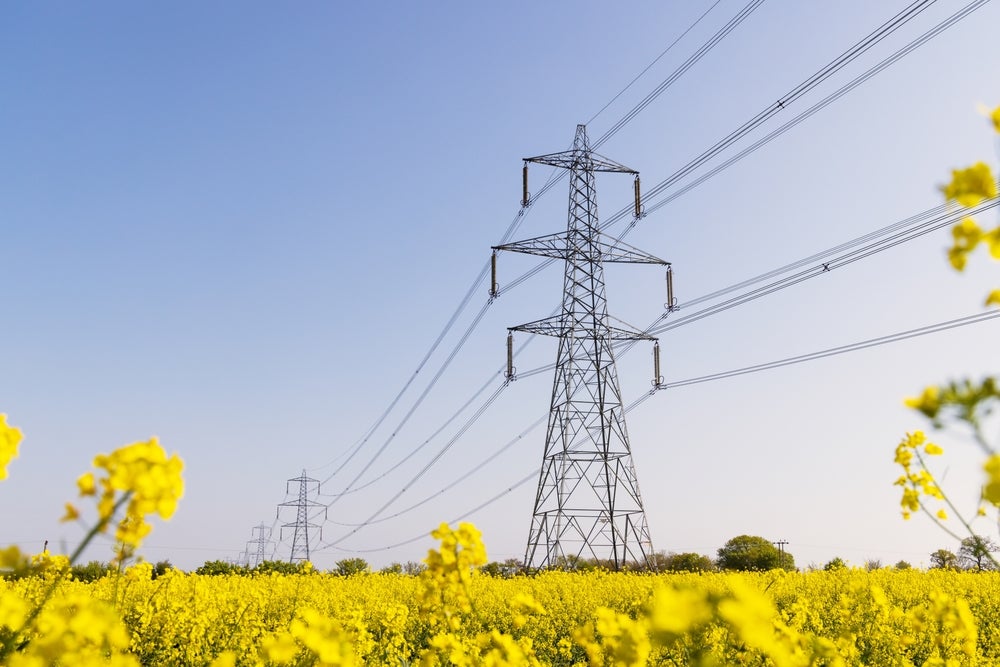Without a doubt, to keep global temperatures within safer climate limits and avoid an escalation of devastating climate impacts, we need to stop using fossil fuels and rapidly scale up renewable energy. This imperative is driving a race to secure a steady supply of the minerals needed for the scale-up of renewable energy sources, so-called ‘transition minerals’ such as aluminium, lithium, nickel and copper.
This drastic increase in demand is building global political tensions around supply chains for transition minerals. With concerns over China’s dominance of mineral markets, G7 countries are looking to expand their own mineral supply chains. Many minerals are sourced in low and middle-income countries in the Global South, and we are seeing a renewed scramble to secure these resources (see map below).
In response, the International Energy Agency (IEA) is today hosting an inaugural Critical Minerals and Clean Energy Summit in Paris with governments and industry, and the G7 has asked the World Bank to support the development of finance tools to build transition mineral supply chains through the Partnership for RISE (Resilient and Inclusive Supply-chain Enhancement).

For decades, demand for fossil fuels has led to the devastation of communities and the environment due to the relentless development of coal, oil and gas extraction sites in the Global South. As the race for transition minerals gears up, will similar social-ecological destruction be excused in the name of delivering climate action?
Looking at the legacy of mineral mining to date, including projects supported by international public finance and developed by mining multinationals, the picture is quite devastating. In cobalt mines in the Democratic Republic of Congo, documented cases of child labour and corruption have left communities in ruins. Guinea’s bauxite strip mining has taken hundreds of square miles of farmland with little or no compensation to communities. High levels of sexual and gender-based violence in the mining sector have been recorded in a number of countries, with a study in Tanzania, Uganda and South Africa revealing how women are being forced to provide sexual services to men in return for assistance. In the Philippines, the indigenous community practice of "pocket mining" for gold is being pushed out as commercial companies are given extensive extraction rights.
In 2023, the World Bank’s private sector investment arm – the International Finance Corporation – announced a loan of up to $180m (63bn pesos) to support the development of the Sal de Vida lithium extraction operation in Catamarca, Argentina. However, the Catamarca region is already over-exploited for lithium, with 20 existing projects in the area. Communities are now calling it "mega-mining of water" due to its high water footprint. Studies suggest that communities in lithium mining areas were not properly informed about company activities, with companies not fully disclosing all the relevant information about foreseeable risks and potential environmental impacts.
As the IEA, World Bank and G7 make plans for transition minerals, it is time they took a perspective that considers and engages with those people whose lands are being earmarked for mineral extraction and whose resources (like water) may be impacted. This is not the time to exploit people already feeling the effects of the climate crisis. Exploitation for fossil fuels should not give way to exploitation for the energy transition. Instead, local communities should be active partners in decisions made about their land and resources, and should directly benefit from any mining operations.
[Link src="https://www.energymonitor.ai/all-newsletters/" title="Keep up with Energy Monitor: Subscribe to our weekly newsletter" font-size="20px"]Essentially, low and middle-income countries need the capacity to regulate and the authority to hold companies and investors to account for social, environmental and human rights violations that occur from mining operations, with enforcement of compensation and remediation measures. Mineral-rich countries should be supported in building out their own mineral sectors as part of just transition plans and to create sustainable industrial strategies to develop their own renewable technologies. This should allow them to retain the benefits of transition mining nationally and maintain control of resources locally.
We should plan for less consumption. While it is inevitable that mineral demand will rise as renewable energy systems expand, it will be critical to plan energy systems that are as resource-light as possible. Technologies should be designed and manufactured for easy recycling. Technological choices should look to minimise mineral consumption, choose the least impactful mineral sources and maximise equipment lifespans. Energy planning must prioritise sufficiency and efficiency, and penalise waste and excessive technology expansion in pursuit of profit.
As we shift from a legacy of fossil fuels to renewables, we need to tread lightly and treat the people who are the rightful owners of these resources, not as risks or challenges, but as active partners in building a renewable energy future.
About the author: Dr Alison Doig is senior advisor to Recourse, specialising in policy and advocacy at the intersection of energy, the environment and international development.


